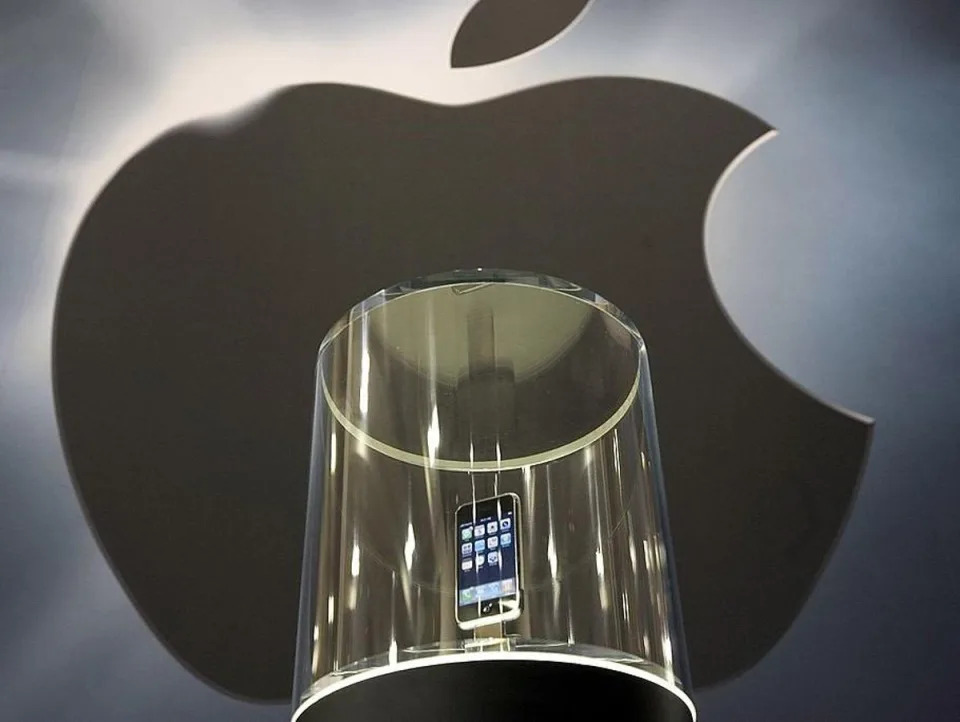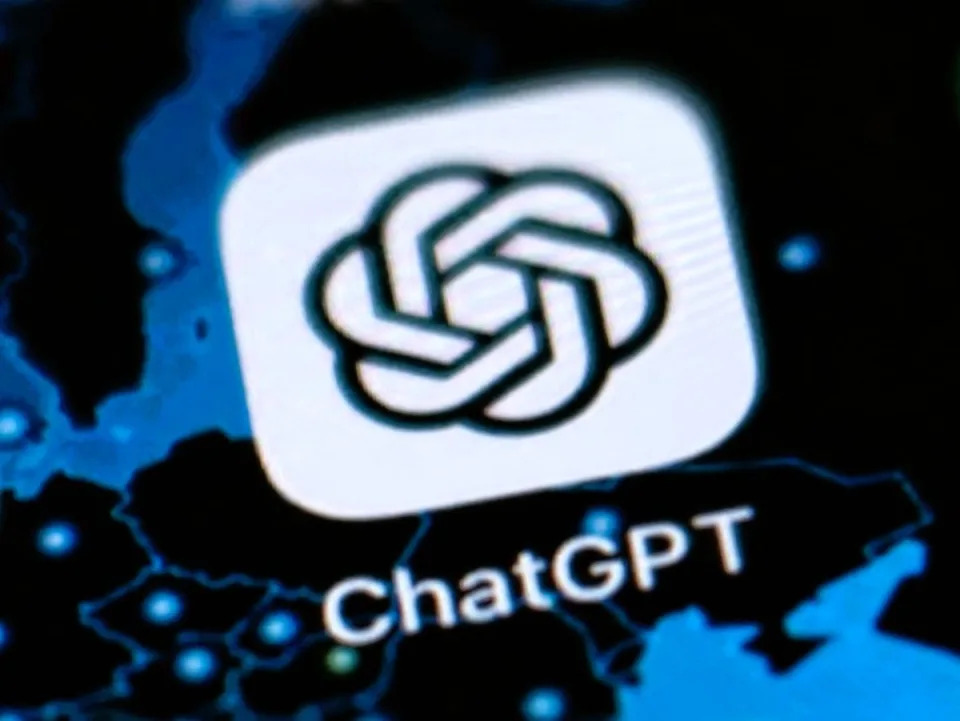James Titcomb
Fri, 29 September 2023

Ahmad Al-Dahle, head of generative AI at Meta, said breakthroughs would be needed in how the technology was developed to reach general intelligence milestone
Mark Zuckerberg’s Meta has rejected claims that artificial intelligence is close to becoming as powerful as humans.
A top AI executive at Facebook’s parent company said there are “fundamental limitations” in how technology such as ChatGPT is built which means the systems are inherently prone to making mistakes.
The comments made by Ahmad Al-Dahle, Meta’s head of generative AI, are in stark contrast to predictions that say the next wave of AI technology could match human intelligence and become an existential risk.
“There are fundamental limitations in the underlying technology that as an industry, as an AI community, we don’t have solutions to,” Mr Al-Dahle told The Telegraph.
He said leading AI companies had not adequately addressed “hallucinations” – a common problem in which today’s AI models routinely make up answers to questions.
“We’ve done a lot as a community to make it more truthful and grounded or helpful,” said Mr Al-Dahle. “All of these things have helped tremendously, but they haven’t closed the gap.
“We’re going to need new advances and new methods in order to eliminate them [hallucinations] entirely.”
He said that current approaches were unlikely to produce artificial general intelligence (AGI), a milestone in AI in which the technology matches humans in any field that companies such as OpenAI have described as an existential risk.
“I just don’t think the current approaches or technology will scale there,” Mr Al-Dahle said. “We need more inventions, and these inventions are hard to schedule. I don’t know if we’ll get there in a year, five years, 10 years or 20 years.”

British AI pioneer Demis Hassabis has said that Artificial General Intelligence could be achieved within a few years - Joy Malone
Demis Hassabis, the chief executive of the British AI lab DeepMind, has said AGI could be “just a few years away”.
Rishi Sunak’s AI safety summit in November is designed to address concerns among Government advisers that AI systems could become so powerful within a year that they could be used to make biological weapons or spiral out of control.
But Mr Al-Dahle said “nobody has anything that gets remotely close” to AI software that can improve itself, which is one of the key concerns of AI researchers who have warned about the technology.
His comments come after another Meta AI executive, Yann LeCun, claimed Mr Sunak had caught “AI delusion disease” by worrying about the technology’s existential risks.
Meta has been under fire from competitors over making its AI models free to download, which critics say could mean they end up in the wrong hands.
ChatGPT creator working on mystery AI device with iPhone designer, report claims
Anthony Cuthbertson
Thu, 28 September 2023

The first ever iPhone on display at MacWorld on 10 January, 2007 in San Francisco, California (Getty Images)
OpenAI, the company behind the viral AI chatbot ChatGPT, is reportedly in talks with renowned Apple designer Jony Ive to create an artificial intelligence device.
The venture, which also involves SoftBank’s Masayoshi Son, aims to build the “iPhone of artificial intelligence”, according to the Financial Times.
Several brainstorming sessions between Mr Ive and OpenAI boss Sam Altman have already taken place, while Japanese tech giant SoftBank is said to have pledged more than $1 billion towards the project.
Few details are given about what form the device might take, with possibilities ranging from a standalone ChatGPT-enabled smart speaker, to headphones that allow wearers to interface directly with the AI bot.
Mr Ive left Apple in 2019 after 27 years at the company to form his own design company, called LoveForm, which is involved in the latest collaboration.
Alongside the iPhone, Mr Ive played a crucial role in designing other Apple products like the iPad, iPod and MacBook. His latest creation is likely to forego a screen, according to people familiar with the matter.
The Independent has reached out to OpenAI for comment.
Reports of the partnership emerged in the same week that OpenAI announced that ChatGPT now has direct access to the internet, as well as the ability to “see, hear and speak”.
The addition of voice and image recognition tools gives the generative AI similar capabilities to virtual assistants like Amazon’s Alexa and Apple’s Siri.
The internet connectivity feature also brings it in line with other leading AI tools like Google’s Bard.
“ChatGPT can now browse the internet to provide you with current and authoritative information, complete with direct links to sources,” OpenAI announced on Wednesday.
“It is no longer limited to data before September 2021. Browsing is particularly useful for tasks that require up-to-date information, such as helping you with technical research, trying to choose a bike, or planning a vacation.”
Meta also announced the launch of several new chatbots this week, with chief executive Mark Zuckerberg saying the AI bots will come with different personalities based on real people.
The chatbots will work through Meta’s apps, which include Instagram, Messenger and WhatsApp.
ChatGPT now has direct access to the internet
Anthony Cuthbertson
Thu, 28 September 2023

The app for OpenAI’s ChatGPT on a smartphone screen in Oslo, on 12 July, 2023
(Getty Images)
OpenAI has announced that its viral artificial intelligence chatbot ChatGPT now has direct access to the internet.
The update comes just days after ChatGPT was given the ability to “see, hear and speak” through new voice and image recognition tools, building on its generative AI tools to bring capabilities similar to virtual assistants like Amazon’s Alexa and Apple’s Siri.
Prior to the latest update, ChatGPT’s knowledge base was limited to a data training set that ended in September 2021.
“ChatGPT can now browse the internet to provide you with current and authoritative information, complete with direct links to sources,” OpenAI announced on Wednesday.
“It is no longer limited to data before September 2021. Browsing is particularly useful for tasks that require up-to-date information, such as helping you with technical research, trying to choose a bike, or planning a vacation.”
The web-connected version of ChatGPT is currently only available for paying ChatGPT Plus and ChatGPT Enterprise customers, but OpenAI said it has plans to expand it to non-paying users “soon”.
OpenAI has announced that its viral artificial intelligence chatbot ChatGPT now has direct access to the internet.
The update comes just days after ChatGPT was given the ability to “see, hear and speak” through new voice and image recognition tools, building on its generative AI tools to bring capabilities similar to virtual assistants like Amazon’s Alexa and Apple’s Siri.
Prior to the latest update, ChatGPT’s knowledge base was limited to a data training set that ended in September 2021.
“ChatGPT can now browse the internet to provide you with current and authoritative information, complete with direct links to sources,” OpenAI announced on Wednesday.
“It is no longer limited to data before September 2021. Browsing is particularly useful for tasks that require up-to-date information, such as helping you with technical research, trying to choose a bike, or planning a vacation.”
The web-connected version of ChatGPT is currently only available for paying ChatGPT Plus and ChatGPT Enterprise customers, but OpenAI said it has plans to expand it to non-paying users “soon”.
OpenAI briefly added internet connectivity features for premium ChatGPT users in July, however it was shut off after people exploited it to get around paywalls.
This issue appears to have been fixed, along with other ways to misuse the AI bot, through OpenAI’s evolving AI safety measures.
The update was announced on the same day that Meta unveiled its own series of AI chatbots, which come with different personalities based on real people.
Meta boss Mark Zuckerberg said at the company’s annual Meta Connect conference that the chatbots would be available through its applications Instagram, Messenger and WhatsApp.
“This isn’t just going to be about answering queries,” he said. “This is about entertainment.”
Other social media and messaging apps have also introduced AI chatbots to their platforms, including Snapchat’s My AI tool.
No comments:
Post a Comment